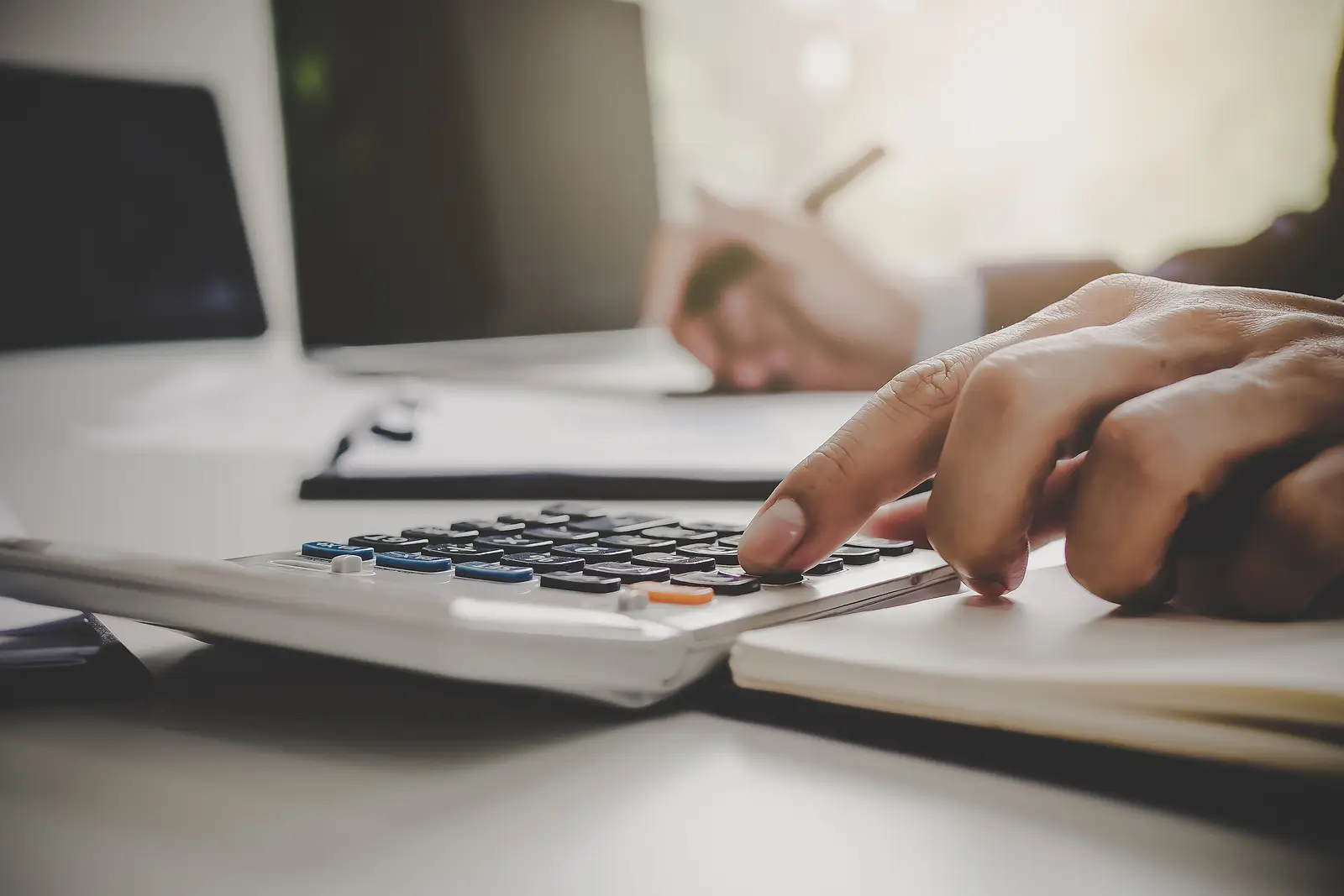Managing rental property in Columbus, GA, comes with several financial responsibilities, and one of the most critical is rental property maintenance.
Unexpected maintenance costs can quickly reduce your cash flow and disrupt your long-term plans for your investment property without a clear maintenance budget. Planning is the key to running a successful rental business and protecting your rental income.
Why Budgeting for Maintenance Is Essential
Regular property maintenance keeps your property in top condition, protects your property value, and helps reduce costly repairs in the long run.
By budgeting for routine maintenance and unexpected repairs, you’ll avoid unexpected costs and improve tenant satisfaction.
Failing to address normal wear and tear or routine issues can result in bigger problems. Issues with the water heater, roof leaks, or malfunctioning appliances can escalate if not resolved quickly.
Planning with a proper maintenance budget ensures you’re financially prepared to deal with these challenges.
How Much Should You Budget?
One way to estimate your rental property maintenance expenses is by saving 1%–2% of the property’s value annually.
Another guideline is saving $1 per square foot each year. So, for example, if you have a 1,500 sq ft property, the budget should be $1,500 annually.
Keep in mind that monthly rent, property age, and location affect what you spend. A property in a competitive market might need more frequent seasonal maintenance to stay attractive and reduce tenant turnover.
What Should Be Included?
A comprehensive maintenance budget should cover:
Preventative maintenance (like HVAC tune-ups and replacing air filters)
Emergency repairs (roof leaks, broken plumbing)
Normal wear and tear repairs (painting, flooring touch-ups)
Turnover costs
Supplies and tools
Safety equipment like carbon monoxide detectors
Don’t forget to factor in items that may fall under the tenant's responsibility in your lease agreement, but as the property owner, you’re ultimately responsible for most major repairs.
How to Save Time and Minimize Costs
Managing multiple properties can quickly get overwhelming without a system.
Many property owners turn to property management companies for help, but you can also streamline your workflow independently.
You can:
Use apps and software to track maintenance expenses
Respond quickly to repair requests
Create a checklist for seasonal maintenance
Clarifying expectations in the lease agreement, including how you’ll use the security deposit for damages beyond normal wear
Also, screen tenants carefully. Tenants who respect your property will contribute to lower maintenance costs over time.
Let Bickerstaff Parham Handle Your Property Maintenance
At Bickerstaff Parham, we help you plan your rental property maintenance effectively. Our experienced property managers understand the importance of budgeting and staying ahead of repairs.
We’ll help you manage maintenance expenses, handle repairs quickly, and protect your rental income, whether you own a single unit or several rental properties.
Don’t let unexpected repairs affect your finances.
Contact us today to get expert help with budgeting for rental property maintenance and optimizing your returns.
FAQs: Budgeting for Rental Property Maintenance in Columbus, GA
1. Why is it important to respond immediately to rental property maintenance issues?
Responding to rental issues in advance helps you avoid further property damage and keeps tenants satisfied. Small problems like a leaky faucet or faulty electrical outlet can become costly if ignored. Staying proactive ensures minor concerns don’t escalate into major repairs.
2. How do local laws affect my maintenance responsibilities as a landlord?
Local laws in Columbus, GA require you to provide safe and habitable living conditions. This includes complying with health and safety codes, keeping smoke detectors functional, and ensuring utilities and essential appliances are in working order. Failing to meet these obligations can result in fines or legal issues.
3. Can a professional property manager help with budgeting and maintenance?
Yes! A professional property manager can be invaluable when it comes to rental property maintenance. They have the tools, contractor networks, and experience to address issues quickly, stay compliant with local regulations, and keep your property in excellent condition. They also help you create a detailed maintenance budget and stick to it.

